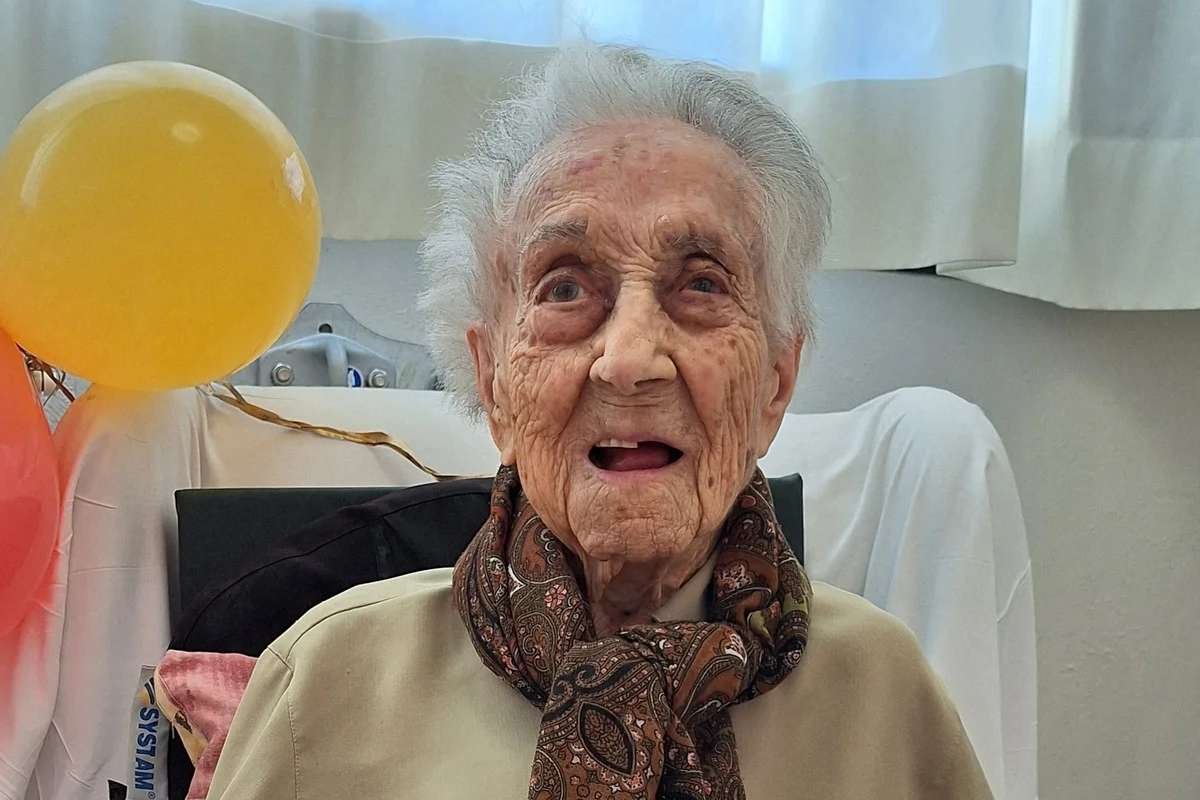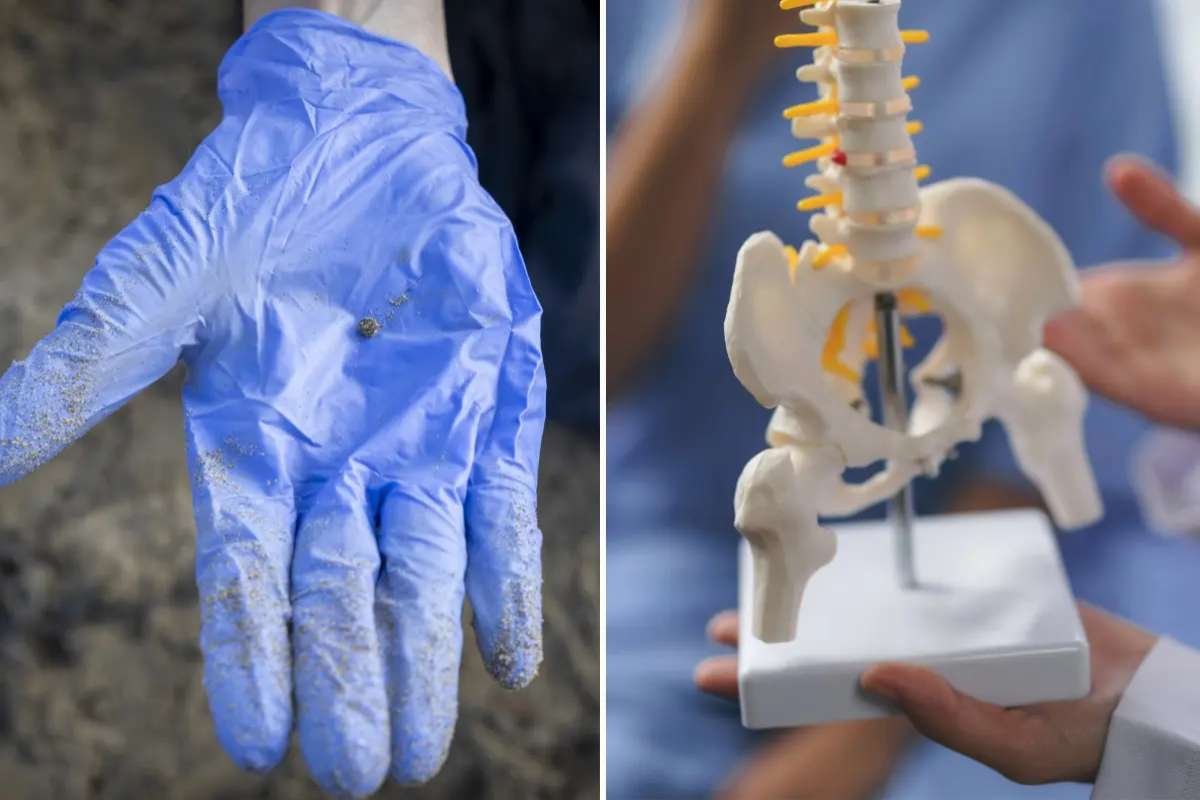Key Points:
- Extreme longevity in Branyas was driven by her rare genes and healthy lifestyle.
- She stayed healthy with a strong heart and youthful body.
- Short telomeres may protect against cancer in extreme old age.
A DNA study of Maria Branyas, who lived to 117, has uncovered genetic traits that may explain her exceptional health and extreme longevity. Scientists in Spain analyzed blood, saliva, urine, and stool samples that Branyas donated before her death in 2024, when she was the world’s oldest living person.
Researchers at the Josep Carreras Leukaemia Research Institute in Barcelona found that her cells appeared biologically younger than her chronological age. Some of her rare genetic variants were linked to strong immune function, heart health, and brain resilience.
Branyas lived more than 30 years beyond the average life expectancy of women in Catalonia. The findings, published in Cell Reports Medicine, may guide future studies on biomarkers of aging and strategies to improve longevity.
A healthy body at an advanced age
Despite her age, Branyas displayed strong cardiovascular health, low levels of inflammation, and a microbiome similar to that of much younger people. Her cholesterol profile showed very low levels of harmful cholesterol and triglycerides, combined with high levels of protective cholesterol.
“Her physiology looked far younger than expected,” said lead researcher Eloy Santos-Pujol. He noted that Branyas’s immune system remained unusually robust for her age.
While Branyas maintained an active lifestyle and followed a Mediterranean diet, scientists concluded that her extreme longevity was likely influenced by both genetics and environment.
Unexpected findings on telomeres
One surprising result was the state of Branyas’ telomeres, the protective caps on chromosomes. Her telomeres showed significant erosion, a feature usually associated with poor health and higher mortality.
However, researchers suggested that in very old individuals, shorter telomeres may actually help prevent cancer by limiting the lifespan of cells before harmful mutations can spread. “Extremely advanced age and poor health are not necessarily linked,” Santos-Pujol and co-author Aleix Noguera-Castells wrote in the study.
Broader implications for aging research
The authors cautioned that results from one individual cannot be generalized. Larger studies are needed to determine how much genetics influences extreme longevity. Previous research on centenarians has identified biomarkers that may help protect against disease and delay the effects of aging.
Centenarians are the fastest-growing age group worldwide, but only 1 in 10 people who reach 100 survive into their 110s. Branyas’ genetic profile offers researchers a rare glimpse into the biology that may enable such an extended lifespan.
The study adds to a growing body of evidence suggesting that extreme longevity is shaped by a complex mix of genes, environment, and lifestyle.







